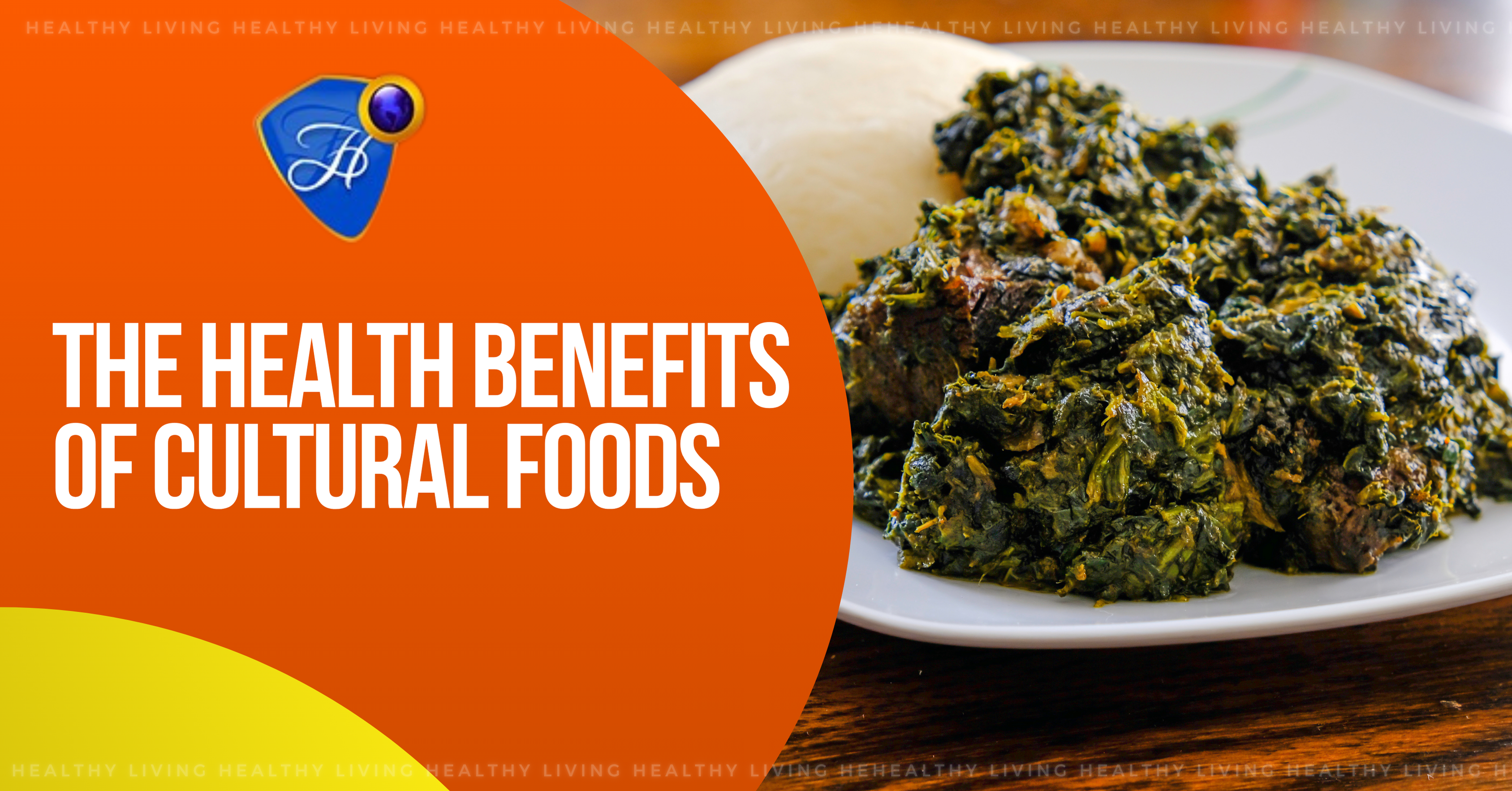
Ginger, sometimes referred to as gingerroot, is one of the most common spices around the world. It’s a flowering plant, but the part used as a spice is the underground part of its stem (called rhizome).
Ginger's many medicinal benefits and its unique flavor make it a favorite condiment for food recipes and processed foods in many cultures across the world.
Another factor that makes ginger popular is that it can be used fresh, in powdered form, dried, or as liquid (oil or juice).
In its different variants, ginger has been known to aid digestion, ease nausea, combat the flu and common cold, and do much more. This article outlines some of the vital benefits of ginger.
• Supports Digestive Health: Ginger increases gastric emptying (i.e. movement of food from the stomach to the duodenum), thus reducing the chances of heartburn and indigestion. Abdominal discomfort like acid reflux is sometimes related to the digestive system slowing down, and ginger reduces these issues, some studies show. Efficient digestion leads to improved metabolism, which leaves you with more energy. Also, the faster you digest food, the quicker your body absorbs nutrients.
• Improves Blood Pressure & Blood Sugar Levels: Ginger improves blood pressure levels by opening up the blood vessels and preventing muscles around them from tightening. This makes for better blood circulation and helps regularize blood pressure.
Ginger also contains potassium, a mineral that can help lower blood pressure. Also, supplementing ginger in your diet keeps blood sugar level in check and prevents hyperglycemia, which may cause diabetes over time.
• Good for Cholesterol Levels: Ginger is particularly good for reducing low-density lipoproteins (LDL) cholesterol (also called bad cholesterol) that contributes to the build-up of fats in the arteries, which increases the risk of heart-related issues.
• Reduces Nausea, Inflammation, and Pain: Nausea can be caused by pain, morning sickness, seasickness, fevers, etc. Regardless of the cause, ginger provides relief from nausea. Ginger has also been known to alleviate pain, especially for people suffering from osteoarthritis and women with dysmenorrhea.
Inflammation, while a natural occurrence that protects your body from infections and injuries, can become harmful if excessive. Ginger’s active component – gingerol – gives it anti-inflammatory properties that help boost your overall health. Gingerol is also an antioxidant that helps reduce oxidative stress.
• Antibacterial Properties: Ginger is an effective antibacterial for many drug-resistant bacteria, and has great potential for treating microbial diseases, such as periodontitis (gum-bacteria-induced inflammation).
• Helps Brain Function: Ginger increases the flow of blood to the brain, delivering nutrients and removing metabolic waste, toxins, and other debris. Also, oxidative stress and chronic inflammation are key drivers of Alzheimer’s disease and cognitive decline.
Ginger counters both, and so protects against aging-related cognitive decline. Also, ginger affects secretion of serotonin, which alleviates stress.
• Fights Respiratory Issues: Infusing ginger in your tea will provide relief from congestion from common cold and the flu. Many homemade remedies for colds and sore throat include ginger because of its antibacterial and anti-inflammatory properties, and also because its spicy taste creates heat when ingested in sufficient quantity








Post Comments & Testimonies